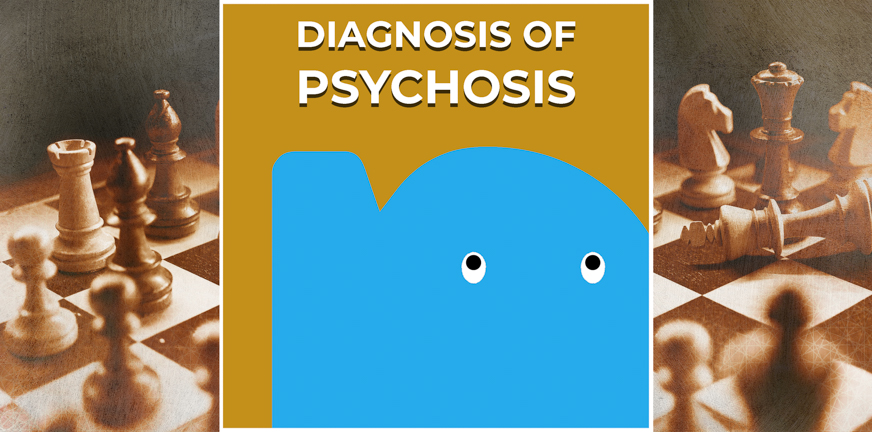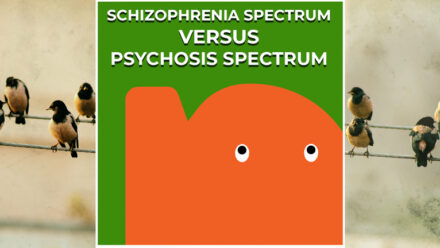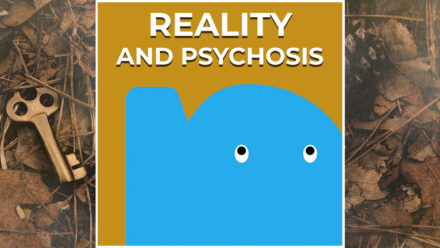
There is only one diagnosis that makes sense: Psychosis Spectrum Syndrome. Someone suffering from psychotic symptoms is often also dealing with other mental issues, such as depression, mania, or problems with motivation, planning and learning.
The exact combination of problems is different from person to person. And for one person, the symptoms can change from one week to another, and even from moment to moment.
Diagnoses are a mix of problems (a syndrome)
Psychiatry tries to create order and clarity from the chaos of all these symptoms and syndromes. They do this by labeling a set of problems with a traditional diagnosis, which often has the prefix ‘schizo’. Depending on the type of syndrome, psychiatrists select one of these traditional DSM diagnoses:
-
- Symptoms of psychosis with a great deal of depression: psychotic depression
- Symptoms of psychosis with a great deal of mania: bipolar disorder
- Symptoms of psychosis with depression and/or motivational and cognitive symptoms: schizo-affective disorder (depressive)
- Symptoms of psychosis with mania and/or motivation and cognitive symptoms: schizo-affective disorder (manic)
- Symptoms of psychosis with a great deal of motivational and/or cognitive symptoms over a relatively short period of time: schizo-phreniform disorder
- Symptoms of psychosis with a great deal of prolonged motivational and/or cognitive symptoms: schizophrenia
-
- Psychosis with predominant delusions: delusional disorder
- Psychosis that passes quickly: transient psychotic disorder
- Psychosis resulting from substance use: substance-induced psychosis
- People with persistent and stable but mild psychotic experiences: schizotypal personality disorder
- Psychosis with an unclear combination of symptoms: psychosis not otherwise specified (NOS)
The downside to DSM diagnoses: they distract you from understanding your own vulnerability – your recovery
Although a diagnose can help you understand what is actually going on with you, they are of little help in answering the main question: what to do about it? Recovering is a psychological and deeply individual process. And the diagnoses often see psychological disorders as ‘brain disease’: you can´t do anything about it, except suppress the symptoms with medication. This is a wrong and outdated belief.
Of course it can be necessary to ease your symptoms with medication and psychotherapy, but the eventual goal is far more important: integrating the mental vulnerability, reformulating your life story, adapting your life perspective, getting to know your own vulnerability and resilience, so you can balance yourself again and retake control of your life – and your treatment.
Being prone to psychosis turns out differently for everybody, because your own unique traits, personality, sensitivities, vulnerabilities and life history all play a part. This is why it is impossible to describe psychosis in a single diagnosis. In other words: a diagnosis can give you a general idea, but it never describes your own unique situation.
We combine all diagnoses to a single syndrome: the psychosis spectrum syndrome – psychosis, for short.
Much more important to know is this:
- Do you understand what has happened to you?
- How do you frame your psychosis as part of human diversity?
- What are your personal vulnerabilities (weak spots)?
- What is your personal resilience (strong points)?
- Where do you want to go in life – and what sort of help would you need for that?
- How will you learn to deal with your vulnerabilities?
- How can you become empowered to take more charge of your treatment?




